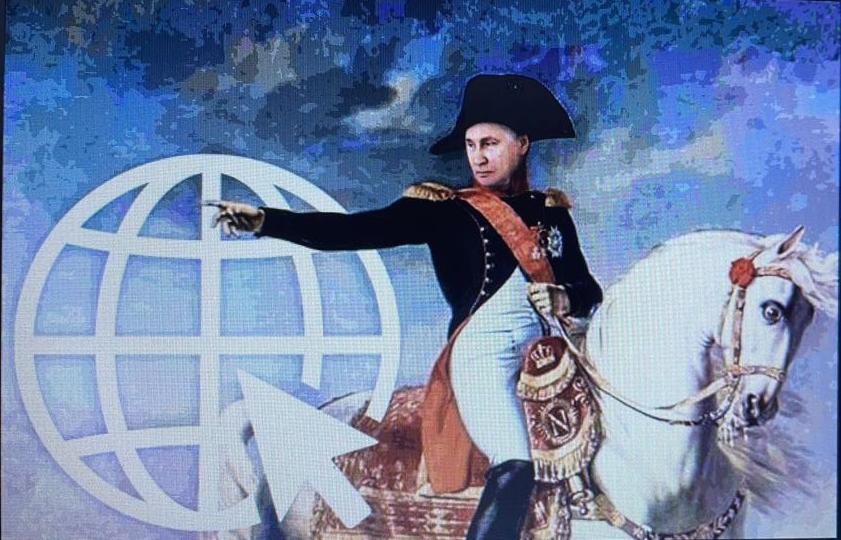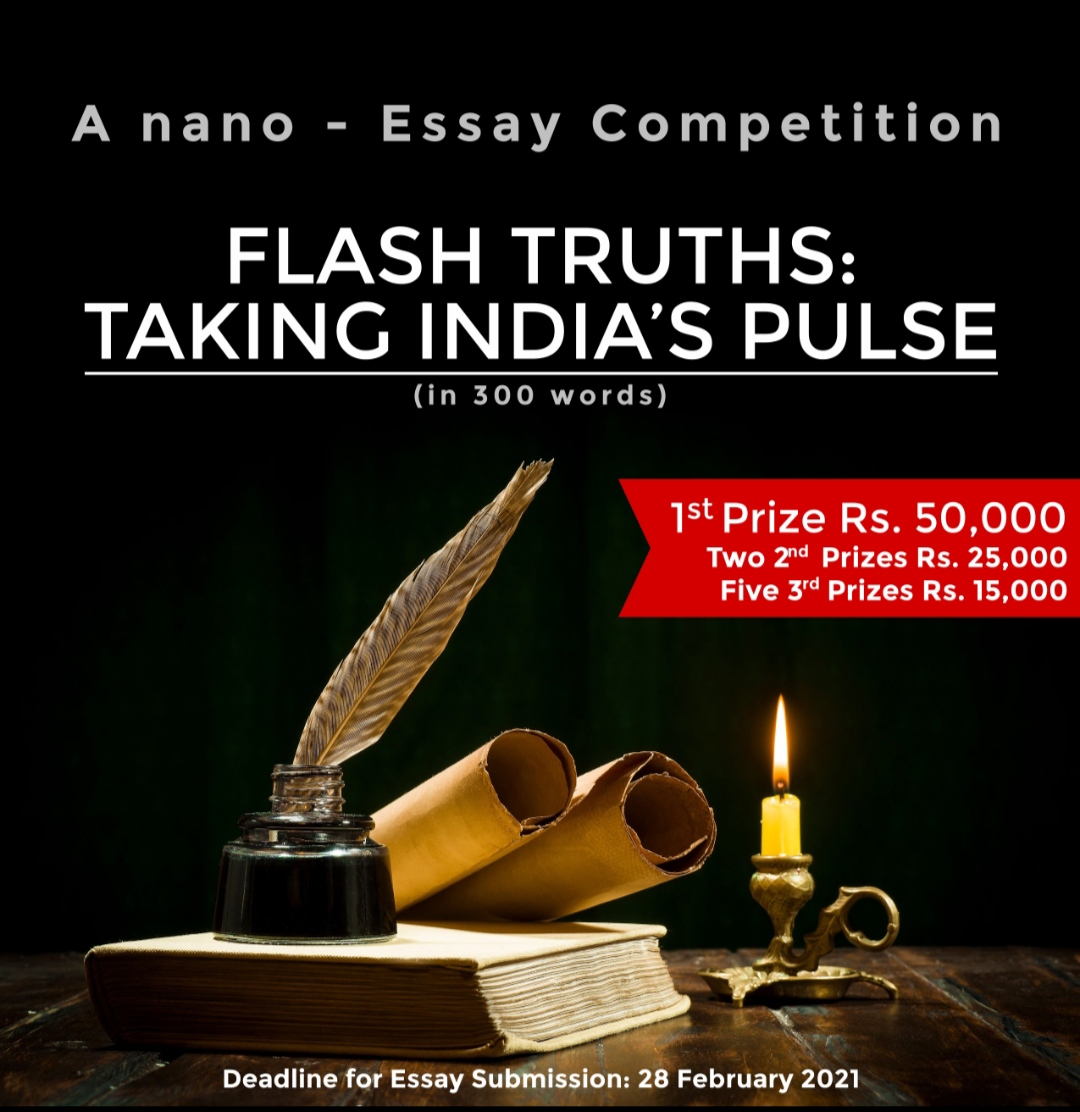I have been an observer of subjects Russian since the 1980s, when I was deputed to study Russian (first in Canberra and then in the UK) in preparation for a posting to the Australian Embassy in Moscow. I followed the fall of the Potemkin Russian Empire, the USSR, and since then the single-minded attempts of Neo-Tsar Putin to orchestrate the rise of Great Russia from the Soviet rubble.
The Russian invasion of Ukraine has dominated the news for the last three months. Anything I write can hardly add to the exponentially increasing expert commentaries that populate all media, both mainstream and social. I have always been fascinated by the Russian mind and mentality, particularly as a Certified Cultural Intelligence (CQ) practitioner. I spent seven years in the Soviet Union. During my posting, I wrote private notes on the political, economic, and social encounters with interlocutors of various local and foreign stripes and hues (particularly correspondents). I recorded anecdotes and jokes (the ultimate guide to reality in a closed society). I am now sifting through what few survive. Western (and Indian) experts on Russia are far more up-to-date than I am. However, it may still be interesting to record a few snippets and stray thoughts on today’s Russian policies and behaviour – as perceived from the vantage point of watching Russia over the past forty years.
ITEM 1. A Little History
Russians have always been ‘different’ to Westerners. The stereotype label that long stuck to them was ‘barbarians’. Its currency began in the 9th Century when the Rus, a Viking tribe – the precursor of ‘Russians’ – attacked Constantinople. Its Patriarch, Photius, described them as a “sudden hailstorm of barbarians”. The absorption of cultural and social, and political means and mores of the Mongols during their 250-year rule reinforced the unflattering imagery.
The first west Europeans travelled to Russia during the Rennaisance 13th Century onwards. There was one consistent refrain; the inhabitants of Muscovy were seen as no less primitive than their Rus Kyivian predecessors. Herberstein, the Holy Roman Empire Ambassador to Moscow in 1517, wrote a contemporary best-seller on Russians, which unabashedly and luridly (e.g. personal hygiene, wife-beating, alcoholism, etc.) added to stereotyping labels. The 17th-century diplomat, Olearius, described them as “untutored and uncouth.”
Re-Stalinisation by Neo-Czar Putin is not helping; one Ukrainian babushka called Putin a ‘varvar’ (barbarian) in a street interview.
ITEM 2. Western Sanctions – A Historical Parallel
Whatever the perceptions of Russians in European capitals during the 14-18th Centuries, they never underestimated Moscow’s war-making capabilities. They were a source of constant worry to those in Russian propinquity. Today, Russia is under severe slather of economic sanctions, surpassing even those at the height of the Cold War. The case for them could have been drafted almost without change by King Sigismond of Poland. In 1565, when Ivan the Fearsome ruled Russia, the King wrote to Elizabeth 1 of England:
” We repeat to your majesty that the Czar in Moscow, an enemy of any liberty, increases day after day his forces by the profit made by commerce and relations with the civilised nations of Europe. No doubt, your majesty does not ignore how powerful, cruel and tyrannical a ruler he is. Our only hope rests on our superiority in arts and science. But soon, he shall know as much as we do, and in insane pride, he will rush against Christianity.”
In the wake of the Russian war on Ukraine, a central issue for NATO is the revenue Russia is earning from the sale of energy to Europe and its vital role in Neo-Czar Putin’s war effort.
ITEM 3. Gorbachev, Putin and Germany – 4 September 2022
Gorbachev, 91, died on 31 August 2022. His death marks not only a life that was instrumental in reordering geopolitics but also had significance for me personally. After all, it was my posting to Moscow, and the accession of Gorbachev, which gave me an opportunity to acquire a modicum of recognition as a Kremlinologist. Thanks to colleagues like Ambassador Ted Pocock, Foreign Secretary Michael Costello, and Kyle Wilson, I was recognized as a literate analyst of political developments in the post-Cold War global landscape.
In the context of Putin’s rapacious treatment of Germany by halting energy supplies to it via Nord 1, one very topical snippet is worth recalling. It is an excerpt from the transcript of a conversation between Gorbachev and West German Chancellor Kohl at their meeting in the Caucuses in 1990. It vividly records Gorbachev donning the “mantle of history” (Bismark) by agreeing to German reunification and its entry into NATO. Arguably, Putin has now achieved the ultimate revenge on Gorbachev, whom he vociferously derided as having betrayed the idea of Great Russia. The Extract:
” By mid-1990 agreement was reached on Germany’s reunification, first between the superpowers and then between the USSR and West Germany. Gorbachev stunned his colleagues by conceding a reunited Germany’s membership in NATO.
President Mikhail Gorbachev and Chancellor Helmut Kohl’s conversation at their historic meeting in the Caucasus mountains in July 1990 brought the curtain down. It should be read by every leader who has the power to alter the course of events: “Khol said that he had told Foreign Minister (Eduard) Shevardnadze already yesterday on the way from the airport to the guest-house that these were historically significant years. The opportunities had to be used. If one did not act, they be over. Bismarck once had said that you had to grab the mantle of history. President Gorbachev agreed. (And said that) That statement by Bismarck was very interesting.
“The Chancellor continued by saying that the 1990s would be historically significant. This was particularly true for the first half of the decade that was lying ahead of us… Now it was their task to use the existing chances. The generations that would follow them had had different experiences.
“President Gorbachev agreed with the Chancellor’s statement that their generation had a unique experience. Now great opportunities had opened up, and it was now the task of their generation to use and shape them. He said that he was particularly impressed by the fact that today there was less talk about who won or who lost. Together they took the notion of one world as the starting point… “
One must never underestimate the potentiality of a summit to alter the course of events provided that the participants have vision and will.
Source: The Cold War: A History in Documents and Eyewitness Accounts edited by Jussi M. Hanhimaki and Odd Arne Westad; Oxford University Press, 2003.
ITEM 4. Russian Annexation of Donetsk, Luhansk, Kherson and Zaporizhzhia – 29 September 2022
Putin’s annexation of the four Ukrainian provinces is following the letter of the Soviet Union’s modus operandi for territorial acquisitions.
In the 1920s, the Soviet Union proclaimed a legal Doctrine on Self-Determination that implicitly rejected territorial acquisitions as an instrument of capitalist imperialism. However, the Doctrine justified territorial acquisition under four circumstances:
· National self-determination;
The recognition of the historic right of the peoples of diverse territories;
· Deprivation of an aggressor’s territory as reparation;
· Voluntary adherence to specific annexation.
The Soviet Union applied the Doctrine liberally to acquire sizeable territorial acquisitions. The ‘historical rights’ provision was applied at the end of WWII for seizing territories from Poland, Czechoslovakia, Romania and Hungary. A more blatant rationale was “voluntary adherence”, which comprised setting up puppet governments supported by military occupation followed by referendums (which invariably ended in favour of joining the Soviet Union): Azerbaijan, Georgia, Estonia, Latvia and Lithuania. In the eighties, there were vigorous internal political debates about the desirability of using the same scenario for annexing all or part of Afghanistan. The Crimean annexation was largely based on the “self-Determination clause. In Ukraine, the referenda route conforms to the ‘voluntary adherence’ rubric.
In effect, the Doctrine has been applied by the Soviet/Russian state by using Salami Tactics (a concept ‘popularised’ later by Kissinger in the context of negotiating with China – and its creeping annexation of its neighbours’ territories). This method involved slicing off one piece at a time of non-communist political power positions within the coalition governments of national unity prescribed by the 1945 Yalta Agreement e.g. by gaining influence over or outright control of Defence or Interior Ministries. By 1948, Soviet-controlled communist parties had consolidated their hold on Eastern Europe in violation of the spirit of the Agreement.
ITEM 5. Potemkin’s Bones – 30 October 2022
Russia has removed the bones of Prince Grigory Alexandrovich Potemkin from his crypt in St. Catherine’s Cathedral in Kherson, Ukraine. The whereaboutery today of the remains of the 18th-century lover of (German) Tsarina Catherine the Great is neither here nor there. But, pray, why has Putin undertaken such deliberative exertion of devilry?
Kherson is one of the four Ukrainian provinces recently annexed formally by Russia under rigged referenda. Its occupying army there is now under threat of eviction by Ukrainian forces. Hence, presumably, Russia’s perspicacious action of removing the bones from the west bank of the Dnieper river to the east.
Putin and Potemkin. Their historical ‘missions’ about New and Great Russia rhyme too. Potemkin was instrumental in the annexation of Crimea in 1783. He founded Odesa and Kherson. Both ports dominate the Black sea giving Russia access from its western flank to the Mediterranean Sea and thence to vital maritime European and Central Asian trade routes (subject only to the Bosphorus bottleneck controlled by Turkiye).
Putin frequently invokes the vision of Great Russia. His constant lament about the “catastrophe” of the breakup of the Soviet Union betrays his firm belief in restoring the Russian imperium that peaked in the late 1800s.
Putin’s ‘New Russia’ symbolises Potemkin’s endeavours and hence perhaps the importance of securing his bones.
There is, of course, a gargantuan irony in Putin hoisting his petard to Potemkin’s skeletal residue. After all, ‘Potemkin’ is now indelibly nestled in English as a pejorative adjective to describe falsehood, the most pervasive being the ‘Potemkin village’.
With good reason. Potemkin initiated the erection of two-dimensional stage props replicating villages by the banks of the Dnieper to impress Catherine as she glided downstream, escorted by a flotilla of nobles. The point was to instil in her the illusion that all was well in her realm.
Kremlinologists have long followed Marquis de Custine’s “Letters from Russia”, which chronicled his extensive journey there in 1839. (US Ambassador Kennan described them as “the best guide to Russia ever written”.) Custine observed, “Any traveller who lets himself be indoctrinated by the locals could traverse the length and breadth of the Empire and return home having done nothing but tour a sequence of facades.” We certainly knew that in the 80s. So did Gorbachev when he took power in 1985; he knew that the State of the Union he was presiding over was merely an illusion masquerading as a superpower – renegade analysts used to call the USSR “Upper Volta with missiles” – and so instigated its dismantling.
The question is: Is the Putin regime a Potemkin edifice, a half-baked brittle autocracy ready to crumble at the first hint of meaningful opposition (as the Russian army has proven to be)? Is it all a facade; are 6257 nukes the only substance?
Item 6 – Russian Masochism – 17 February 2023
In his 1898 biography of Peter the Great, Kazimierz Waliszewski observed:
“It would mean an enormous waste of wealth, labour and even human life, but the strength of Russia and the secret of her destiny has always consisted to a great extent in the readiness and power to ignore the cost of obtaining a desired result.”
It is empirically proved and well documented in history that the Russian mindset has the capacity to accept suffering, as few other cultures have. The Russian soul simply accepts what is wrought on it by its rulers, from Ivan the Fearsome to Catherine to Petr the Great to Stalin – and now Putin.



